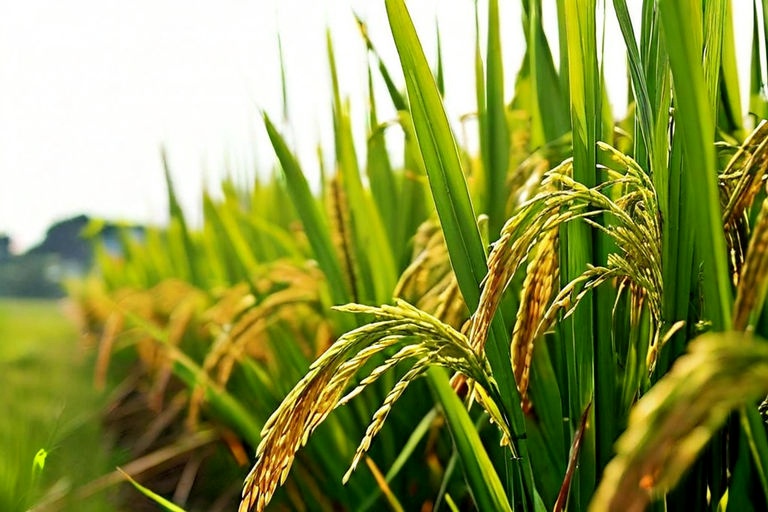How does machine learning and AI contribute to agriculture?

The Intersection of Machine Learning, AI, and Agriculture
The advent of machine learning and artificial intelligence (AI) has revolutionized various sectors, including agriculture. This fusion has brought about an era of 'smart farming,' where machine learning and AI are altering the way farmers manage their crops and livestock. This detailed insight will explore the various ways that machine learning and AI contribute to agriculture, delving into their applications, benefits, and future prospects.
Machine Learning and AI: A Brief Overview
Before delving into their applications in agriculture, it's essential to understand what machine learning and AI are. Machine learning is a subset of AI that enables computer systems to learn from data without being explicitly programmed. On the other hand, AI refers to computer systems capable of performing tasks that usually require human intelligence, such as understanding natural language, recognizing patterns, and making decisions.
Applications of Machine Learning and AI in Agriculture
Precision Farming
One of the significant applications of machine learning and AI in agriculture is precision farming. This approach uses AI technologies to make farming more accurate and controlled. It involves collecting data from various sources like satellite imagery, weather stations, and sensors on the field. Machine learning algorithms then analyze this data to make accurate predictions and decisions, such as the optimal time to plant crops, the right amount of fertilizers to use, and when to irrigate the fields.
Automated Irrigation Systems
Another critical application of AI in agriculture is automated irrigation systems. These systems use AI algorithms to monitor soil moisture levels and weather predictions to determine the right amount of water needed for each plant. This helps in conserving water and ensuring that crops receive the right amount of water at the right time.
Crop Disease Detection and Management
Machine learning and AI are also instrumental in crop disease detection and management. AI-based image recognition systems can analyze images of crops to detect early signs of diseases. Machine learning algorithms can then predict the spread of the disease and suggest the best management practices.
Livestock Monitoring
AI is also transforming livestock farming. AI-powered systems can monitor the health and wellbeing of livestock, detect diseases early, and suggest best feeding practices. This not only improves the health of the livestock but also enhances their productivity.
Benefits of Machine Learning and AI in Agriculture
The integration of machine learning and AI in agriculture offers numerous benefits. They help in increasing crop yields by providing insights into the best farming practices. They reduce wastage of resources like water and fertilizers through precision farming. They also minimize losses caused by crop diseases through early detection and management. Furthermore, they enhance the productivity of livestock farming by monitoring the health and wellbeing of the livestock.
Future Prospects of Machine Learning and AI in Agriculture
The future of machine learning and AI in agriculture looks promising. With advancements in technology, we can expect more sophisticated AI-powered farming solutions. These solutions will not only help in addressing the increasing demand for food but also promote sustainable farming practices.
Challenges and Solutions
Despite the numerous benefits, the adoption of machine learning and AI in agriculture also presents some challenges. These include the high cost of AI technologies, lack of digital literacy among farmers, and concerns about data privacy. However, these challenges can be addressed through government subsidies, educational programs, and robust data privacy laws.
To Summarize
Machine learning and AI are making significant contributions to agriculture. They are transforming farming practices, increasing crop yields, minimizing resource wastage, and enhancing livestock productivity. Despite the challenges, the future of machine learning and AI in agriculture looks promising. As we continue to embrace these technologies, we can look forward to a future of 'smart farming' where farming practices are more efficient, sustainable, and productive.

